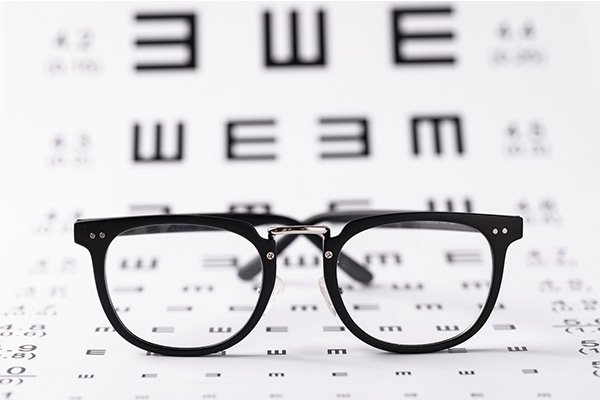In a health-conscious society, consumers today are more concerned about hygiene and safety than ever before. As daily worn personal items, eyeglasses are constantly in contact with the skin and external environment. Bacteria can accumulate easily, particularly on frames that contact the nose, ears and hands. There is a growing interest in frames that have antibacterial properties. In this context non-organic antibacterial agents are a durable and highly effective solution.
What are inorganic antibacterial agents?
Inorganic antibacterials are usually based on metals ions or oxides, such as zinc (Zn2+), silver (Ag+), and copper (Cu2+), that exhibit broad spectrum and long-lasting properties. Inorganic antibacterial agents, unlike organic agents, are more resistant to UV light and likely to cause microbe resistance.
The antibacterial agents can be added directly to the matrix of the eyeglass frames during the extrusion or molding process. This ensures that the properties remain uniformly distributed over time.
Why do eyeglass frames need antibacterial protection?
The frames of eyeglasses are often worn in humid and warm conditions, such as when exercising, or wearing masks. This makes them a breeding ground for bacteria and fungi. Over time, microbial development can cause:
Allergic reactions or skin irritation
Unpleasant smells
Surface discoloration or degradation
Concerns about aesthetics and hygiene
Addition of an antibacterial inorganic agent to the frame material can help prevent microbial development, providing a safer and hygienic environment for users.
Benefits of Inorganic Antibacterial Agents for Eyewear
Long-Lasting Efficacy
The inorganic antibacterial agents do not evaporate and are resistant to heat or sunlight. The antibacterial effect of polymers (e.g. TR90, PC or PA12) can last for the entire lifecycle of the product when properly dispersed.
Broad-Spectrum Antibacterial
Silver and zinc ions are effective against many bacteria (e.g. coli, S. S. aureus), fungi and viruses by disrupting cell membranes and blocking metabolic functions.
Non-Leaching and Safe for Skin
Antibacterial agents embedded in eyewear do not wash or flake off. Inorganic agents are used in many eyewear applications that meet biocompatibility, RoHS/REACH safety requirements.
Thermal Stability
The inorganic materials can be used for injection molding at high temperatures (often over 200degC). They are therefore ideal for production lines of eyewear.
No Color Impact
Inorganic materials of high quality (especially coated or nano-grade) can be used to create frames without altering the color or transparency , which are important for fashion products and aesthetics.
How Inorganic Antibacterial Agents are Used in Eyewear Manufacturing
In reality, antibacterial agents in the form masterbatches are added to polymer during processing. You can, also mix the antimicrobial powder directly into plastics and disperse it uniformly. For 3D priting ways, blend antimicrobial inorganic powders with the filament or resin when printing eyewear.
ISO 22196 and JISZ 2801 are often used to validate the antibacterial effect, resulting in reductions of microbial growth by over 99%.
See more about ISO 22196
Consumer Trends and Market Trends
According to market research, eyewear antibacterial is becoming increasingly popular after COVID-19. Customers are becoming more concerned about hygiene, particularly for items that touch the face. Many brands in markets such as Japan, South Korea and Europe have introduced eyeglass frames that claim to be antibacterial.
The ageing population, and the increasing cases of sensitive skin, have led to a demand for softer, safer materials. Inorganic antibacterial technology is ideally suited to this need.
Conclusion
Integrating antibacterial inorganic agents to eyeglass frame materials is a smart way to combine hygiene, safety and performance. These agents are able to meet the demands of consumers without compromising design, durability or regulatory compliance. They have a long-lasting and broad-spectrum efficacy, as well as excellent stability.
Antibacterial eyewear is no longer a niche, but will be a standard feature of next-generation optical devices.


-300x210.jpg)
